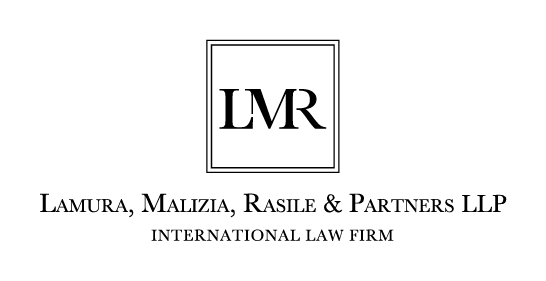In common law countries (like the U.S.), the wealth trust and the family trust are a legal institution that has been in place for over five centuries, unlike in Italy, where these instruments have been introduced only after the crisis. These tools replace the typical Italian legal system in place for successions and donations.
The wealth trust and family trust (literal translation “trust”; the conceptual translation would be “entrust” meaning giving custody of movable / immovable property) is an institution of the Anglo-Saxon common law legal system, which arose within the jurisdiction of equity and which serves to regulate a multiplicity of juridical relationships of a patrimonial nature (for the isolation and protection of assets, for controlled asset management and for matters relating to succession, pensions, and corporate and tax law).
Technically, the trust (wealth trust and family trust) is a legal relationship, by virtue of which the Trustor entrusts assets to another person, physical or legal (the Trustee), so that he/she/it uses them, according to the rules predetermined by the trustor in the Trust Act, in favor of one or more beneficiaries, or to achieve a certain purpose.
The Trustee cannot dispose or manage the goods entrusted to him differently from what is described in the Declaration of Trust.
The Trustor can appoint himself or another person as Guardian of the Trust; he has powers of control over the work of the Trustee, who is obliged to account for the activities undertaken. By establishing a trust, the Trustor not only transfers an asset to the Trustee and indicates to the Trustee how it should be used, but the Trustor also gets protection for that asset.
Lamura, Malizia, Rasile & Partners LLP – the wealth trust and the family trust in the U.S.A and in Italy:
Lamura, Malizia, Rasile & Partners assists its clients in cases where they want to protect their movable or immovable properties through a trust. Our international services include:
- Drafting and translation of the trust operational agreement;
- Drafting and translation of the trustor certification;
- Drafting and translation of the trustee certification;
- Drafting and translation of the beneficiary certification;
- Drafting and translation of the capital subscription acts;
- Drafting and translation of the declaration of trust;
The International Law Firm, with its lawyers in New York, Miami, Los Angeles, San Francisco, San Diego, and Rome, deals with various forms of trust: below are the two most important ones.
Property trust:
The protection offered by a trust attaches to future and uncertain events – of a personal or patrimonial nature – at the occurrence of which, an individual fears that some of his assets can be taken from him and diverted to other ends different from the ones he had envisioned.
Any trust offers asset protection, since the assets conferred to trusts are no longer property of the Trustor but are instead segregated in the estate of the Trustee: this consequence is even more evident in property trusts.
Commercial trust:
- Control of an industry group;
- Management of trade union agreements;
- Management of joint investment operations in a company;
- Provision of guarantees for creditors;
- Alienation of goods burdened by pledges;
- Collection of credits and their distribution.
